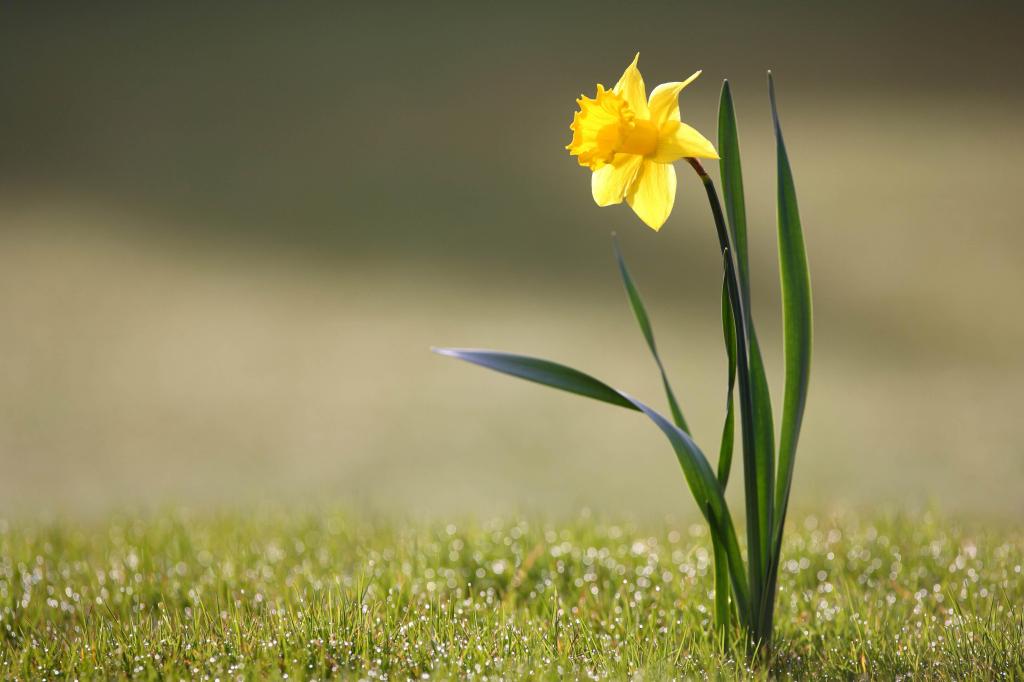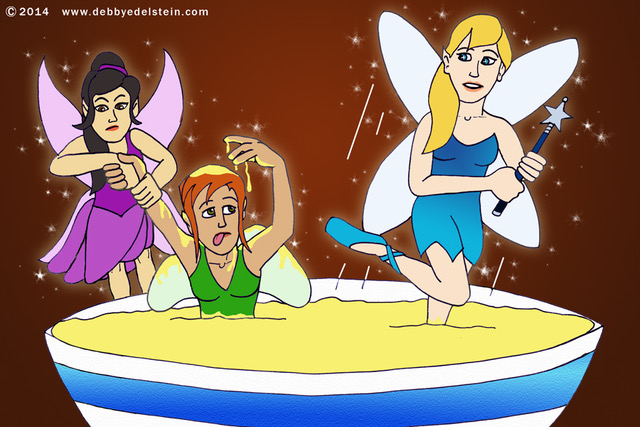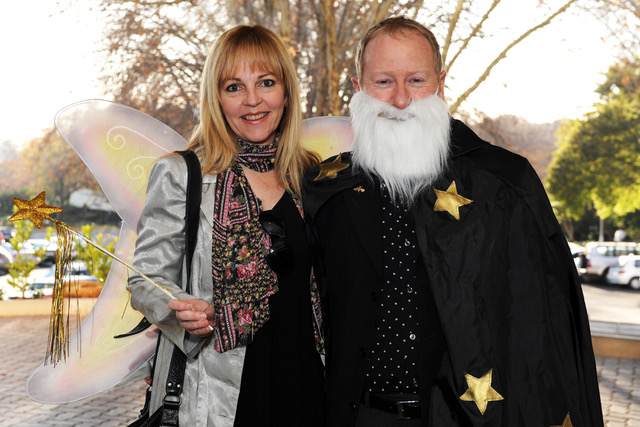
This is an invitation to join me in writing a new manifesto for feminine leadership. It’s an experiment in feminine, creative collaboration and this post is about why I need you
My creativity is a dance between finding my voice and creating conversation. It’s a kind of a dance in and out of the light. The cool shade of thought and contemplation and then the scarier notion of exposing blemishes in the sunlight in heady conversation with a carefully selected circle.
I have succeeded and failed at both aspects of this dance in equal measure. I have allowed fear, disguised as false modesty to prevent me from putting my best ideas out into the world. I have used collective wisdom as a safety net for being stingy about sharing my best work. (“There’s so much brilliance in the world already, what could I possibly add?”) I have regularly squeezed the handbrakes to stop myself from doing both in full flight. I have made excuses that have sounded so elegant that I’ve almost convinced myself.
This post is a public declaration of intent to stop self sabotage and stinginess and to experiment instead with radical collaboration and generosity.
From now on, I will reference and give credit to the people, authors and thinkers who inspire me. I will invite whoever wants to, to join me in co-creation. I will hold on to the confidence to share my best leadership vision and energy to make inspired projects happen.
- The first step to lead in this new collaborative way is to get to a place where you accept that you have value to offer the world. (I’m about as close to this step as I will ever be)
- Then perhaps you need help accessing your voice before you have the courage to speak or write your ideas. (that’s where you come in) I know there’s no escape from this most fundamental form of creativity –I have to articulate it and share it with the world before the next step.
- Which is to engage others in conversation to take an idea from good enough to brilliant.
Sometimes I pick up a book that makes me want to jump. It stirs my thinking and shakes me so deeply that I physically have to put it down and stop reading. This counter-intuitive response has to be the worst form of procrastination.
In fact, maybe it’s more serious than procrastination and is actually a kind of a death-wish.
Because after all, a fear of experiencing intense creativity and the desire to return to the far more familiar state of inertia is an attempt to kill something beautiful rather than allowing it to flourish.
So it’s a rather serious problem. Because it means that I have the ability to elevate garden variety procrastination to an art form. It’s all very well to postpone tidying my desk. But procrastinating the ideas that excite me the most and which deserve to blossom in the world is a self-destructive way of living that I would not recommend. I also suspect that this is a malaise that anyone familiar with the creative process will find familiar.
One of the books that made me jump is We-Think by Charles Leadbeater. Today I picked it up again. I last looked at it years ago. It was also a good few years after being exposed to a workshop with Leadbeater for the first time at the Tallberg forum in Sweden when I didn’t yet know who he was. Charles Handy was in the same workshop and I was starstruck by the bigger name of another great thinker whose work I admired.
When I discovered We-think I loved it so much that of course I put it down. But it had made its mark and inspired the name of the women’s leadership circles I launched two years ago which I called Welead.
I chose the name because even though they were created for women, the name isn’t gender specific so that we can allow for the concept to evolve to include mixed gender circles. I like the implied collaboration in the word “we” which is integral to what we believe about a more feminine leadership approach.
Leadbeater explains in his forward how half-way through the writing of his book, he realized it would be “odd to write about the growth of collaborative thinking in the traditional way: the writer at his desk, isolated from the world, alone with his thoughts.
“With the support of my publisher, Profile, I posted an early draft on my website so people could download it, print it, read it and comment on it. They could also go to a wiki version to change the text and distribute it to their friends and colleagues”
This approach excited me when I first read it and it excites me now. Co-creation is the most fun way to learn and it’s the way we learn about leadership in WeLead circles. If you’re an ambivert like me, (thank you Susan Cain for making it OK to be an introvert) then you’ll understand the need to alternate between quiet thinking and writing time and the more exuberant energy of bouncing ideas around in conversation.
It’s also a brilliantly efficient way to work and we need to do it more – both at school and university and at work.
My 16 year old daughter wrote a mammoth English literary essay this year. Their Grade was tasked with exploring the notion of power and powerlessness in 5 books – 3 prescribed and 2 elective options. It’s by far the most ambitious English essay they’ve been tasked with yet and she was feeling a little overwhelmed. So she completed 90 per cent of the essay and then spent an hour discussing it with her older brother. This conversation and the insight my son could give her made the difference between good and brilliant and it got me thinking.
Rather than letting my energy fizzle out towards the end of a big project, (or sometimes in the middle) who can I ask to help me with the last gloss of brilliance that will take my work from good to great?
That of course is where you come in. This is your invitation to join me write the manifesto for WeLead Circles.
- What does the best possible form of feminine leadership look like?
- Where have you experienced it before?
- What have you read about leadership (collaborative, feminine or otherwise) that inspired you?
I invite you to comment, contribute and add your voice to a new way of leading in the world. Whatever you’re thinking, I want to hear it . It’s time to discover and describe another way of leading together and its far too exciting to do it alone.
“We are the leaders we’ve been waiting for”
#WeLead








